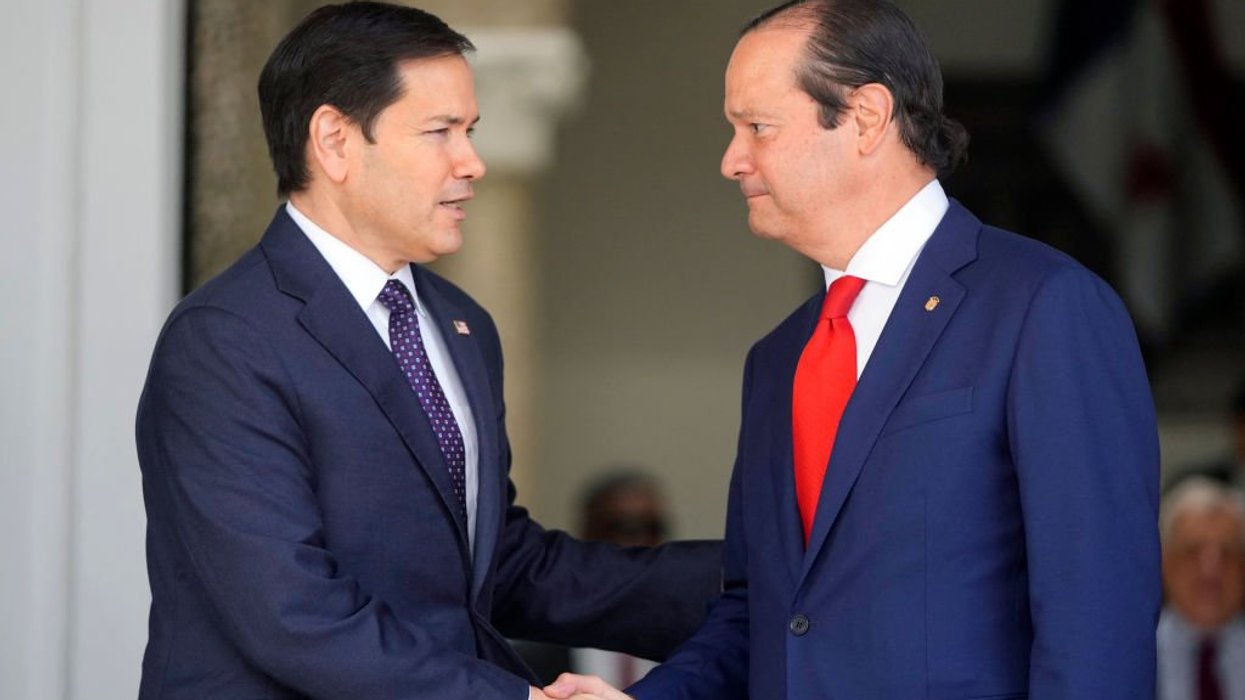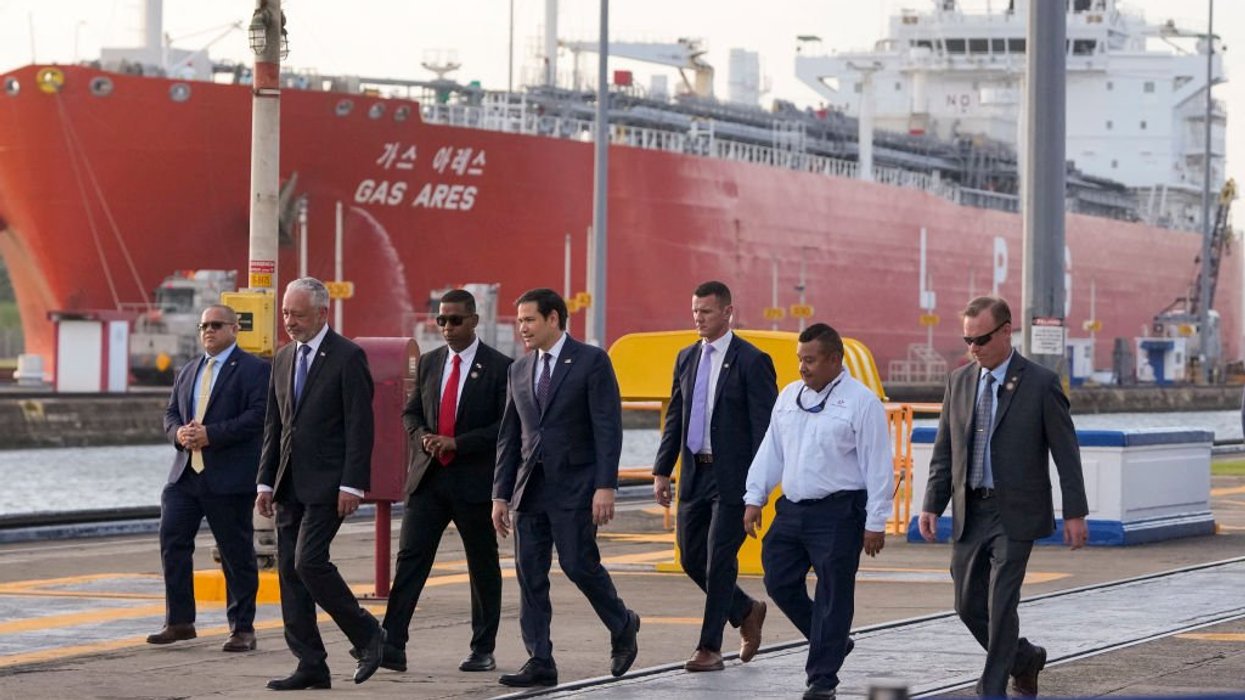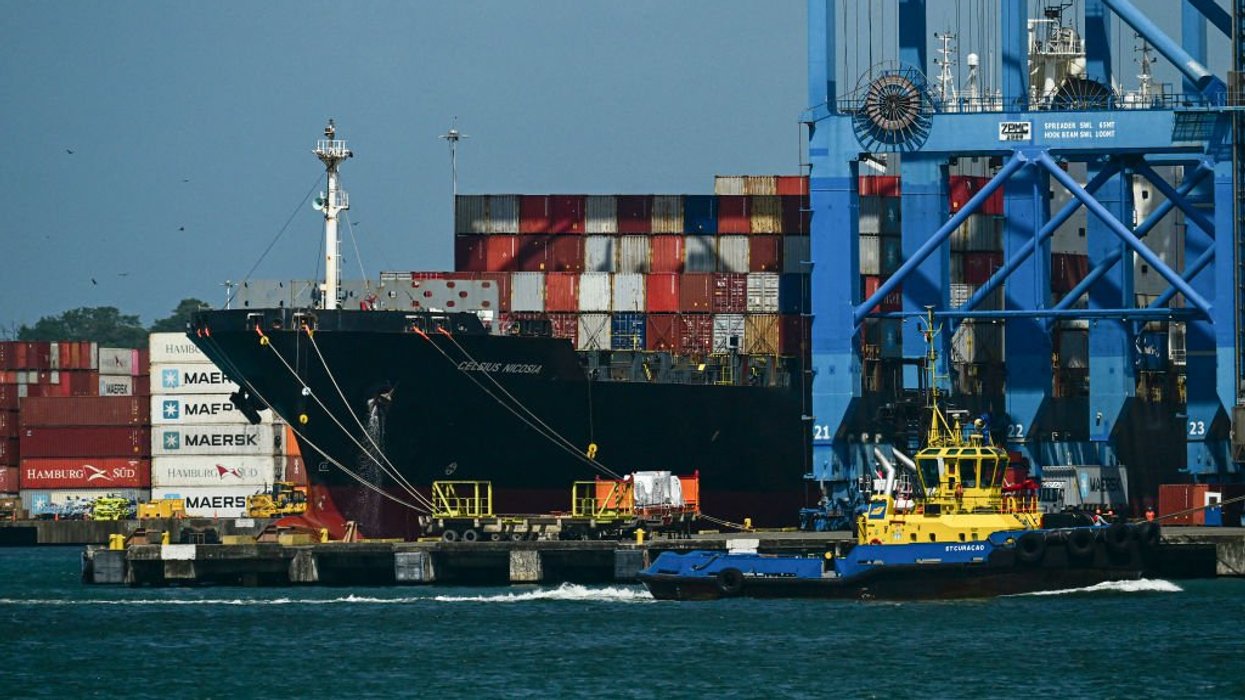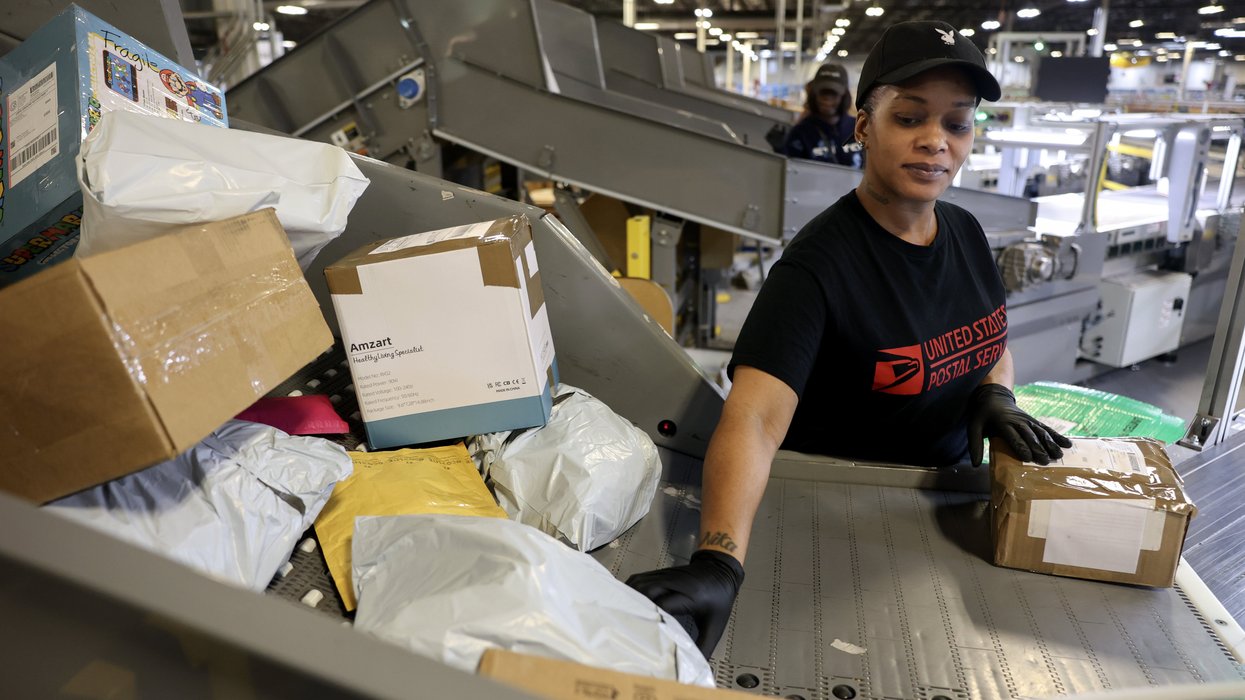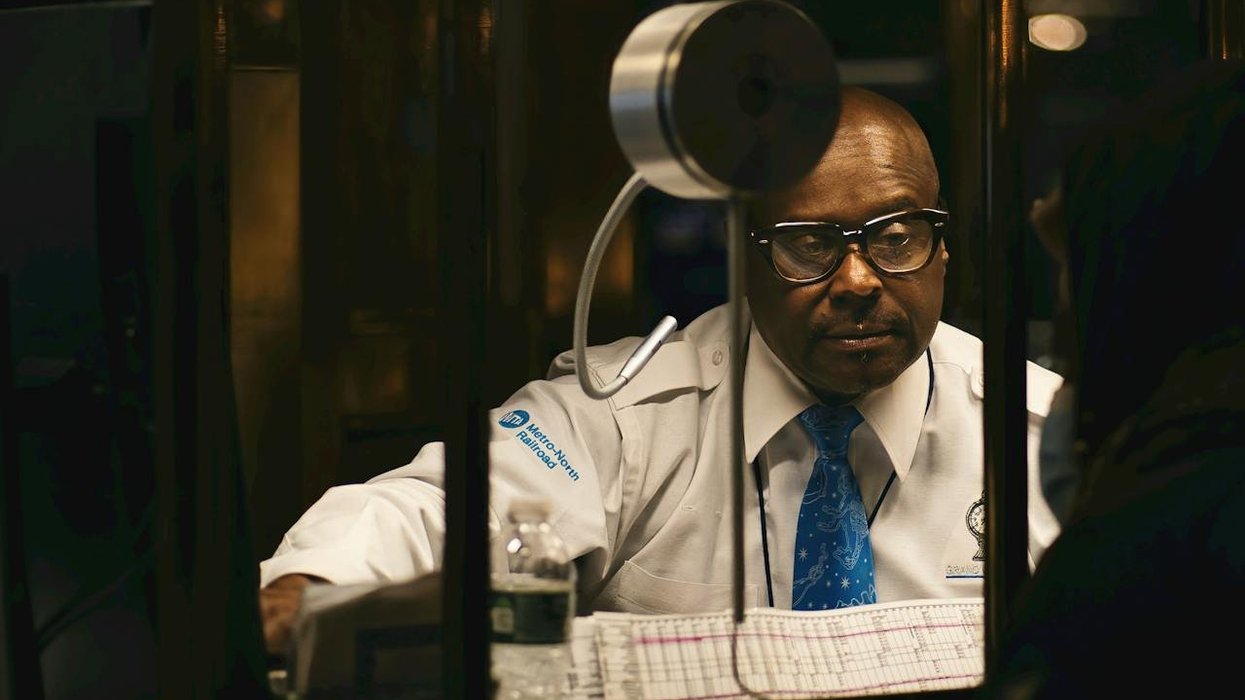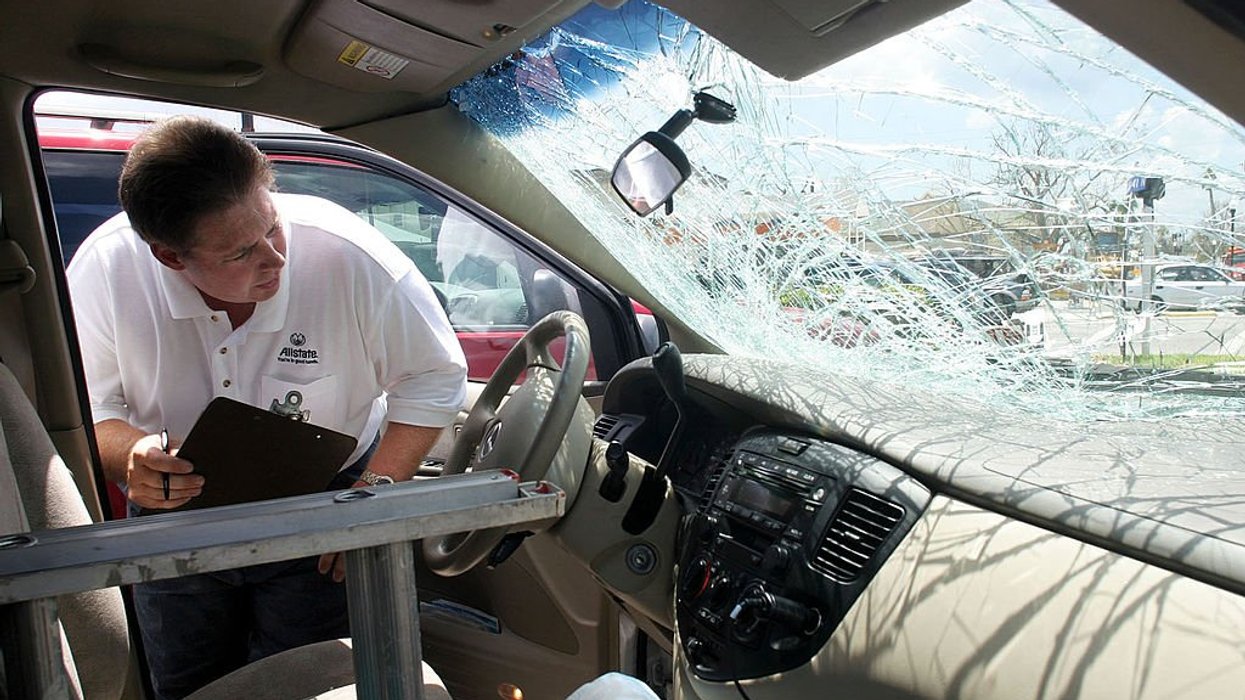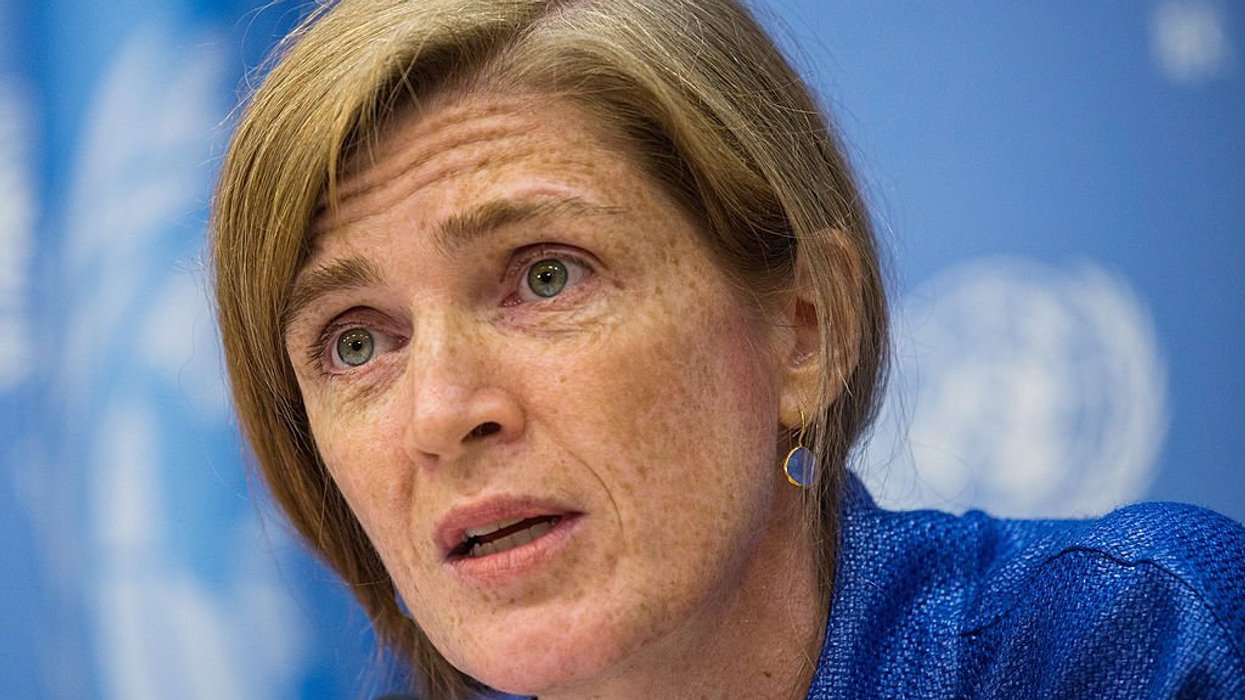Glenn began a very different radio show today talking about what he calls the trilogy of holidays. It’s no coincidence they are grouped together and in the order they are - Glenn wanted to devote the entire program today to talk about the things and people he’s grateful for, deliver some great storytelling, and share the incredible music the team has created for the holiday.
Catch the beginning of a very special broadcast below:
Most everything we know about the three-day Plymouth gathering of the pilgrims comes from a description in a letter written in 1621 by a guy named Edward Winslow. He was the leader of the Plymouth colony, and the letter had really been lost for 200 years. Nobody really knew anything about that first Thanksgiving and what it was. The letter was rediscovered in the 1800s, and the speculation ended. Hello, America. I'm glad you're here. Today I have sent everybody home because I just wanted to spend some time with you. If you're anything like the rest of my staff, they are traveling to get home, some fighting the mess at airports, some fighting the mess of weather, some anxious to go home, some not so much. Today I just wanted to have a conversation between the two of us. So if you're driving across the country, you and I can spend some time before you have to face the onslaught of the holiday because this is the beginning of what I have always referred to as the trilogy of holidays. I don't think there is a coincidence that Thanksgiving, Christmas, and New Year's all come in that fashion, all come one right after another. I think when you connect the three of them together, for more than just shopping, your whole world will change. And today I want to take you through some of the stories of America and Thanksgiving and Christmas. I want to share with you some of the music that we have created for this holiday, and I want to share some of the things that people have shared with me, things that they are grateful for.
So Edward Winslow in 1621 kind of cataloged what happened. It was a very brief, brief account of that first feast. Alexander Young was the man who published in 1841. He was in Boston, and he's the one that said it was the first Thanksgiving. But what Edward had written in 1621 was something that didn't resemble anything that we have today. In fact, it was so upside down that nobody at the end of this one unbuttoned their pants and sat down on the recliner. In fact, we think of the Thanksgiving feast, and it was actually quite the opposite. The first Thanksgiving included fasting. Because they were truly grateful. But it happened (loss of audio) but the holiday wasn't an annual event. It was just for that year, to thank, as in George Washington's words, it is the duty of all nations to acknowledge the providence of almighty God, to obey his will and to be grateful for his benefits and humbly to implore his protection and favor. That young, struggling nation still had so much darkness to it because while we were thanking God, we were far from perfect.
Just like all around the world, slavery was still a part of America, and while other countries gave it up peacefully, I contend we didn't give it up peacefully because we had to wash ourselves with blood to make ourselves clean. Jefferson knew that would happen. But the next time Thanksgiving comes around, the next milestone in Thanksgiving was 1863. It was right after the Battle of Gettysburg, November 26, 1863. It was actually, actually spoken about the first time by Abraham binge even in a speech that was written by his Secretary of State. In fact, his Secretary of State was not only the man that really set things in motion for Thanksgiving as we know it, but his Secretary of State was also the other man that was assassinated the night that Lincoln was killed. His Secretary of State, they also tried to kill him. He survived, but just barely. He survived the brutal, brutal beating. His daughter and his son actually stopped the beating. But in 1863 before any of that happened, Abraham Lincoln declared that the fourth Thursday of every November, this Thursday, would be considered an official U.S. holiday of Thanksgiving. He said, "It seems to me fit and proper that we should solemnly, reverently, and gratefully acknowledge with one heart and one voice, by the whole American people. I therefore invite my fellow citizens in every part of the United States and also those who were at sea and those who are sojourning into foreign lands to set apart and observe the last Thursday of November as the day of thanksgiving and praise to our father who dwells in the heavens."
Well, now wait a minute. He's the one who set it up to be the last Thursday. He set it up to be the last Thursday, but everybody is saying this year that this year Thanksgiving is coming so late; how did that change? I'll tell you how it changed and why it changed, and you'll never guess who changed it. And the reasons for it.
But things can't move forward because in 1863 we still had slavery. We hadn't yet won the war. It was this Thanksgiving that actually turned the war. After this Thanksgiving, we won almost every single battle where we had lost almost every single battle prior. But Abraham Lincoln knew if a country would just turn to God, if they would fast, if they would pray, God would forgive and God would come back. You would still have to pay for the sins of the past, you'd still have to pay for all the blood that was shed by the workmen's lash and the whip and the chain. But out in the fields, there was a song that was being sung that at the time was only sung by the slaves. It's a uniquely American song that for a long time again sang in the -- only sung in the fields by the slaves and then only sung in the churches in the South, and the freemen in the North. It was sung that way even after slavery until after the 1960s and then in the 1960s it became an anthem. But slowly but surely because of its lyrics, it became a Christmas song. It wasn't intended to be a Christmas song. It was a song talking about freedom. We look at it as spiritual freedom. But when it was originally done, it was a song about bodily freedom as well.
A few weeks ago we had several people come together in Phoenix, Arizona. People who didn't know each other, people of different color, different faith, and we gave them four or five days and we said we want you to do a Christmas album. There were a few things that I really wanted to capture. I wanted to capture the story of Christmas and the story of America. A friend of mine, Clyde, took to arranging that song that we know as a Christmas song but was a slave song, and a woman that I had met in Brooklyn years before, she had appeared on our program. She performed at Restoring Love. Her name is Kim Harley. I asked her to come down to Phoenix and help us with this CD idea. I call her my Mahalia. I knew she could put this song back into the feel of a real spiritual, a song that was never intended to be a Christmas song but now is.
Today we're going to share music from Believe Again and stories from the new book Miracles and Massacres, on your way home for the holiday.

